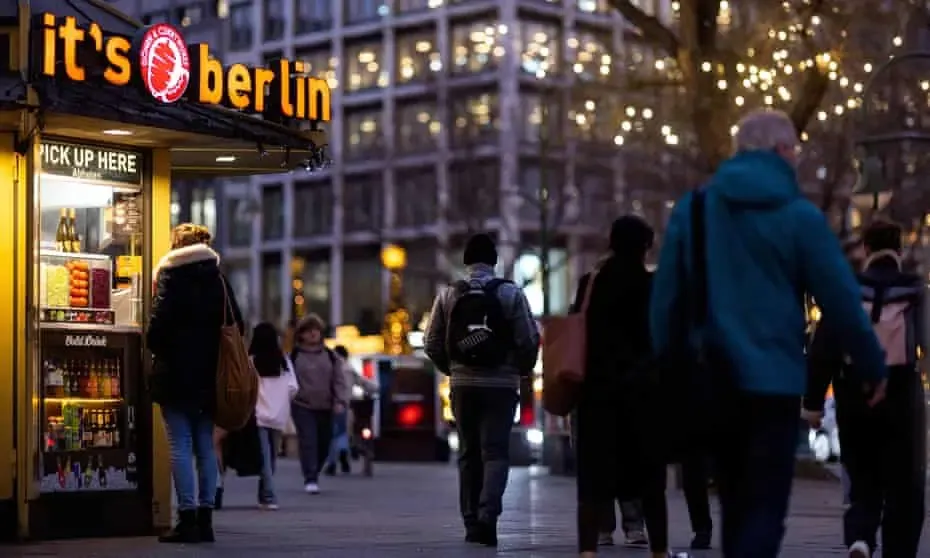Scholz's administration has taken to social media to address the issue, attributing the price hikes to the rising costs of wages and energy. According to Scholz, the topic of doner kebab prices has become a frequent talking point, especially among young people. "It’s quite striking that everywhere I go, mainly from young people, I’m asked whether there shouldn’t be a price brake for the doner," Scholz remarked.
Among the voices advocating for action is the far-left Die Linke party, which proposes implementing a "Dönerpreisbremse" or doner kebab price cap, akin to measures taken in some regions to regulate exorbitant rents. Die Linke suggests that the current prices, reaching €10 in certain cities compared to €4 just two years ago, are unsustainable for many consumers. They recommend a €4.90 price cap, with a reduced rate of €2.90 for young people, particularly those from lower-income backgrounds who rely on the dish as a daily staple.
Hanna Steinmüller, an MP for the Greens, acknowledged the significance of the issue, particularly for young individuals. "For young people right now, it is an issue as important as where they will move when they leave home," Steinmüller emphasized during a parliamentary session. She stressed the obligation of representatives to consider diverse perspectives, even if some might trivialize the matter.
Despite the growing clamor for government intervention, Chancellor Scholz has rejected the notion of implementing price controls in a free-market economy. He instead lauded the efforts of the European Central Bank in tackling inflation. "Price controls are not implementable," Scholz asserted, standing firm against the calls for regulation.
The debate surrounding doner kebab prices has also sparked nostalgia for the tenure of former Chancellor Angela Merkel. Some citizens believe that Merkel had a better handle on controlling kebab prices during her time in office. However, current sellers, like Deniz from a kiosk near Berlin’s Friedrichstrasse station, cite external factors contributing to the price increases. Deniz lamented, "We have been forced to push up the price due to exploding rent, energy, and food prices. People talk to us all the time about 'Dönerflation', as if we were diddling them, but it’s completely out of our control."
Despite the government's reluctance to intervene directly, the conversation around doner kebab prices continues to resonate across social media platforms. Some express frustration with the current situation, while others share anecdotes about the affordability of doner kebabs in the past.
Sales of kebabs in Germany amount to an estimated €7 billion annually, highlighting the economic significance of this popular street food. With approximately 1.3 billion kebabs consumed each year, the proposal for a subsidy program to mitigate rising costs would come with a hefty price tag. Die Linke estimates that such a program could cost €4 billion annually, a considerable investment to ensure continued access to affordable doner kebabs for consumers.
As the debate rages on, it remains to be seen whether the government will heed the calls for action or if doner kebab prices will continue to climb, leaving consumers to grapple with the financial implications of their favorite indulgence.

